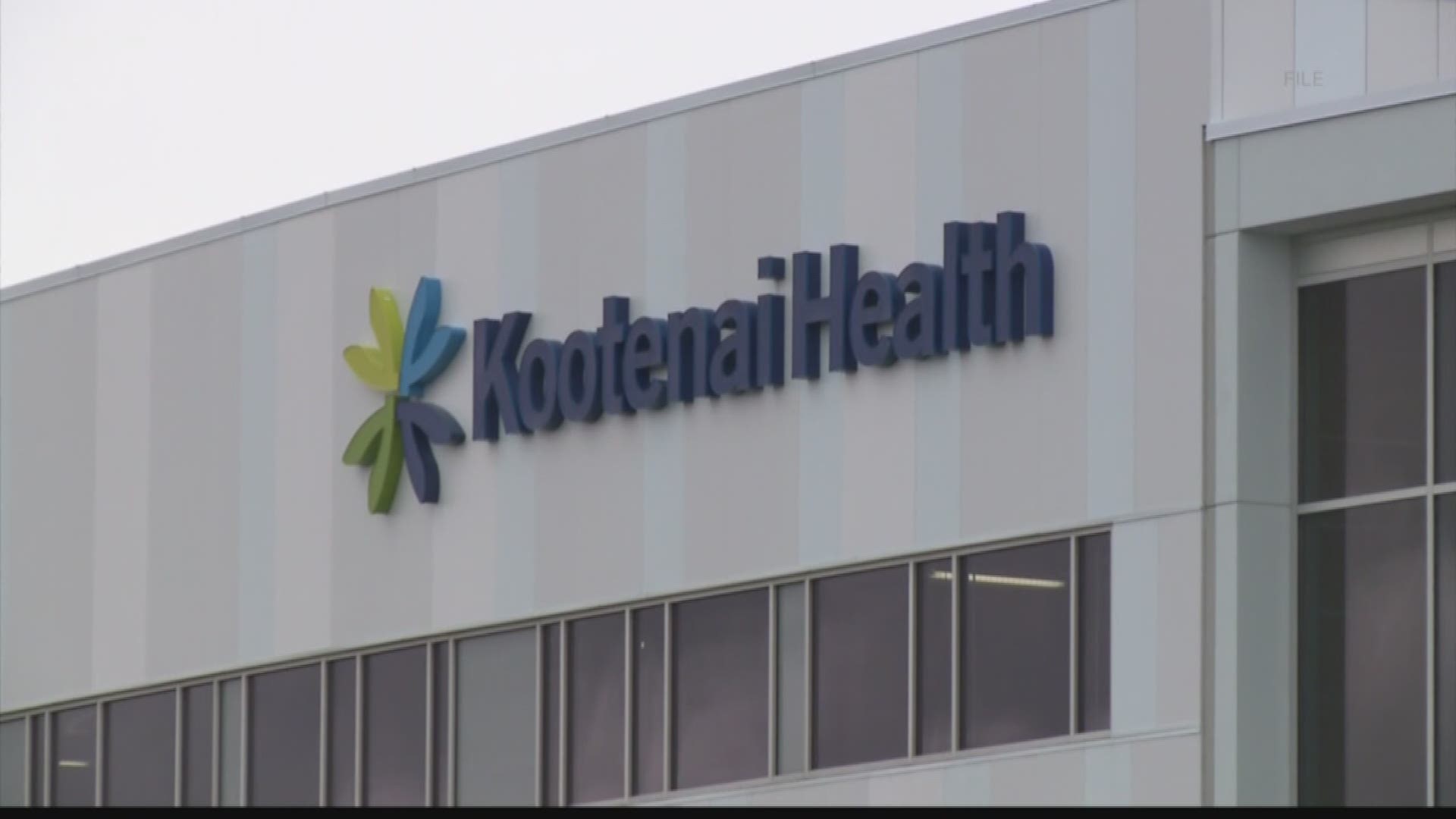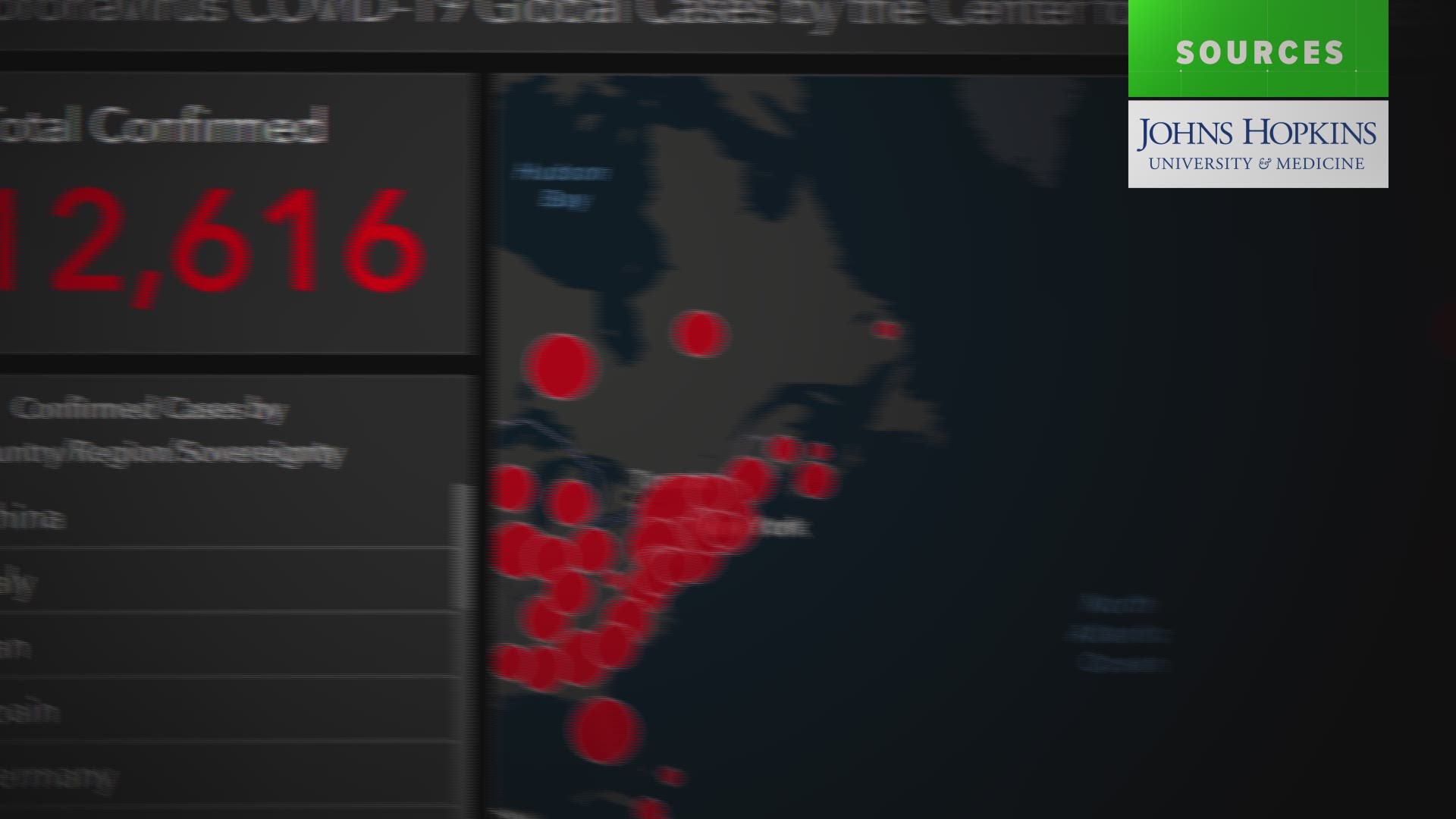KOOTENAI COUNTY, Idaho — Kootenai Health is setting the record straight on Wednesday as rumors swirl on social media about false positive COVID-19 tests.
A number of similar stories shared on social media indicate that someone planned to get tested for the virus, never completed the test due to long wait times, and then received a letter indicating they tested positive for COVID-19, Kootenai Health said. At least one viewer also reached out to KREM with a similar story.
The posts also claim that these false positives are contributing to rising COVID-19 numbers in North Idaho.
Kootenai Health said on Wednesday that the claims are false and offered several points of clarification.
Coronavirus test results are not sent in the mail by Kootenai Health and are communicated to the doctor who ordered the test via phone, a spokesperson said. The doctor then calls the patient to relay their test results.
Panhandle Health District may send a certified letter with test results if a person cannot be reached by phone after multiple attempts, but this is "very rare," according to Kootenai Health.
Kootenai Health added that coronavirus tests are "quite accurate," and it's much more likely that a patient will receive a false negative due to an insufficient sample or taking a test too early rather than a false positive.
Medical providers or testing facilities do not "receive more money" for positive test results, contrary to claims made on social media, Kootenai Health said.
No medical test is 100% accurate and its accuracy depends on the test, how it was collected and the duration of the illness, Kootenai Health reminded people.
"If someone discovers an error at any point in the testing process, it is important for them to inform the organization or people who are involved so they can investigate and improve the process to prevent future errors," a statement from Kootenai Health reads.
"If someone is sharing information about an error in the testing process, please encourage them to reach out to the testing organization or their physician for help," the statement continues.
Kootenai Health urged people to be "part of the solution" by recognizing that secondhand stories may be fraudulent information or scams.


